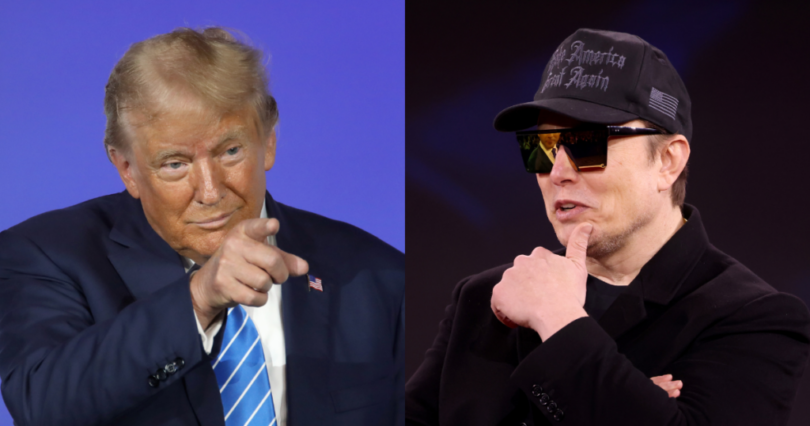President Trump Pardons Elon Musk’s One-Time Rival Trevor Milton
President Donald Trump has pardoned Trevor Milton, the 42-year-old founder and former CEO of Nikola Motors, who was convicted of fraud in 2022. Milton announced the pardon on social media platform X, and White House officials confirmed the news, dispelling initial skepticism about the claim, The New York Post reported.
Today I was issued a full and unconditional pardon by @realDonaldTrump himself. He called me personally to tell me.
This pardon is not just about me—it’s about every American who has been railroaded by the government, and unfortunately, that’s a lot of people. It is no wonder… pic.twitter.com/qpT0jjI6Fy
— Trevor Milton (@nikolatrevor) March 28, 2025
Nikola Motors, named after inventor Nikola Tesla, was once considered a formidable competitor to Elon Musk’s Tesla Inc. Under Milton’s leadership, the company achieved a valuation surpassing that of Ford Motor Company.
However, its reputation suffered when allegations surfaced that promotional videos misrepresented the capabilities of Nikola’s vehicles, showing them moving without propulsion.
In 2022, Milton was convicted on three counts of fraud related to these misrepresentations. Prosecutors argued that he misled investors about the development and functionality of Nikola’s products and technology.
Despite maintaining his innocence and asserting that his communications reflected his genuine belief in the company, Milton was sentenced to four years in prison, according to The New York Post.
Beyond the fraud charges, Milton faced accusations of sexual misconduct involving two women, including a then-15-year-old cousin. However, no formal charges were filed in these cases.
President Trump’s decision to pardon Milton aligns with his history of expressing sympathy for businessmen facing legal challenges. Trump has often cited his own legal disputes over asset valuations, suggesting that prosecutors can make unfounded claims to target individuals, The Post noted.
Elon Musk, serving as one of Trump’s top advisers and leading the Department of Government Efficiency (DOGE), previously criticized Nikola’s technology, labeling it “staggeringly dumb” and remarking, “fuel cells = fool sells.”
The pardon raises questions about the factors influencing clemency decisions and the potential implications for corporate accountability. While some view the pardon as a gesture of support for innovation and entrepreneurship, others express concern that it may undermine efforts to hold corporate leaders accountable for fraudulent practices.
Legal experts note that presidential pardons are within the executive’s constitutional powers, allowing the president to grant clemency for federal offenses. However, such decisions often spark debate regarding their timing, motivations, and the messages they convey to the public and the business community.
In the wake of the pardon, discussions have emerged about the balance between fostering a business-friendly environment and ensuring that corporate leaders adhere to ethical and legal standards. Some argue that while innovation should be encouraged, it must not come at the expense of transparency and honesty with investors and consumers.
The pardon also brings attention to the broader issue of accountability in the corporate world, especially in emerging industries like electric and hydrogen-powered vehicles.
As these sectors continue to grow, establishing clear guidelines and enforcing regulations becomes increasingly critical to maintain public trust and investor confidence.
Observers will be watching closely to see how this pardon influences future cases involving corporate misconduct and whether it sets a precedent for leniency toward business leaders convicted of fraud. The decision may have lasting implications for the relationship between the government and the business sector.
As the news unfolds, stakeholders from various fields, including legal experts, business leaders, and policymakers, will likely continue to debate the merits and consequences of the pardon, reflecting on its impact on the justice system and corporate governance.
Scroll down to leave a comment and share your thoughts.


Leave a Comment